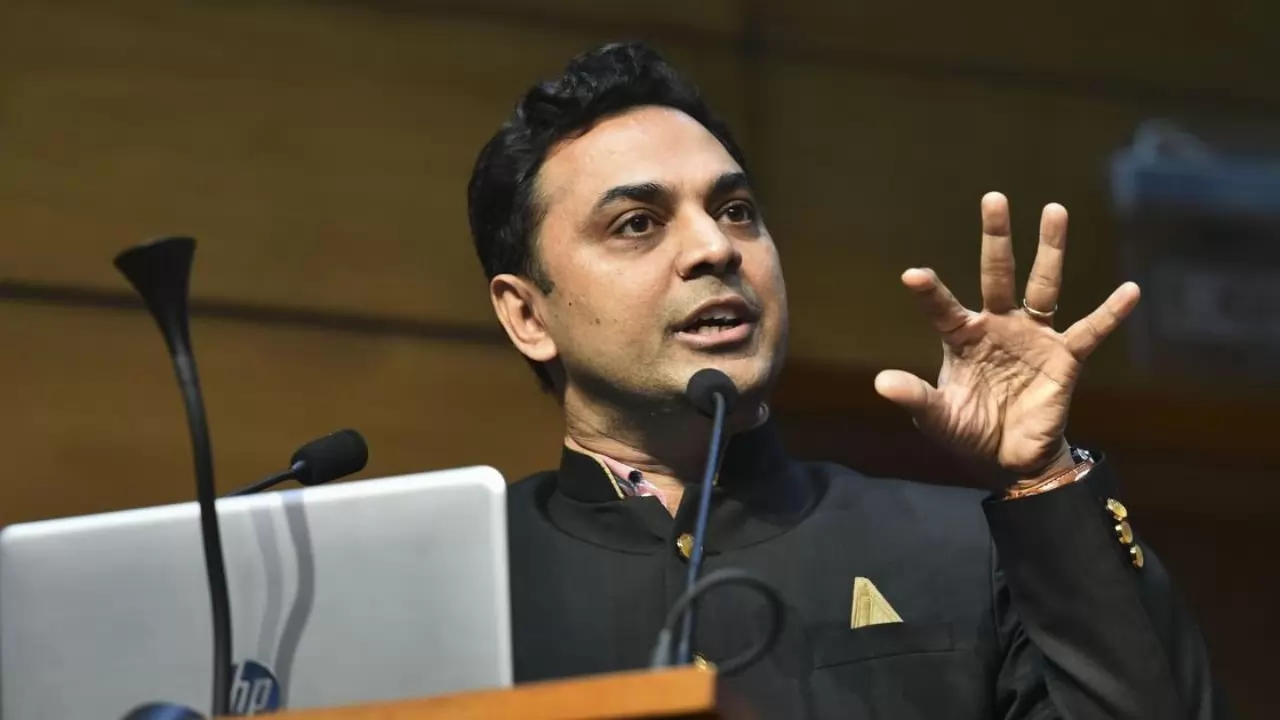
Utilizing the rule of 72, which estimates the time required to double a given amount based on the growth rate, he pointed out that India's GDP could double every six years, potentially reaching $52 trillion by 2047 from a starting point of $3.25 trillion in 2023. (X)
New Delhi: India has the potential to become a $55 trillion economy by 2047, when it celebrates 100 years of independence, if it can sustain a GDP growth rate of 8% per annum in real terms, according to Prof KV Subramanian, International Monetary Fund (IMF) executive director and former Chief Economic Advisor to the Indian government.
Speaking at the launch of his book India@100: Envisioning Tomorrow's Economic Powerhouse at the Indian School of Business (ISB), Subramanian emphasized that maintaining this growth trajectory could transform India into the "Sachin Tendulkar of the global economy."
The path to a $55 trillion Economy
Subramanian highlighted that an 8% real growth rate, coupled with a 5% inflation rate, would result in a nominal growth rate of 13% in Rupee terms. Accounting for an estimated 1% annual depreciation of the Indian Rupee against the US Dollar, the nominal growth rate in Dollar terms would be approximately 12%.
Utilizing the rule of 72, which estimates the time required to double a given amount based on the growth rate, he pointed out that India's GDP could double every six years, potentially reaching $52 trillion by 2047 from a starting point of $3.25 trillion in 2023.
Harnessing the Power of Compounding
Drawing a parallel with Japan's remarkable economic growth between 1970 and 1995, when its GDP multiplied 25 times, Subramanian underscored the significance of compounding in achieving long-term economic success. He likened India's potential to Sachin Tendulkar's cricket career, where early predictions of greatness were realized through sustained effort and resilience. Subramanian stressed that while the goal is ambitious, it is achievable if India can overcome challenges and implement effective policies to elevate its growth rate from the historical 7% to the desired 8%.
Headwinds and Tailwinds on the Horizon
Subramanian acknowledged that the journey to a $55 trillion economy would be marked by both opportunities and challenges, similar to the ups and downs in Tendulkar's career. However, he remains optimistic, stating, "We can be the Sachin Tendulkar of the global economy." He called for concerted efforts to harness tailwinds and navigate headwinds that may arise during the 20-25 year period leading up to 2047.





Copyright © 2025 Top Indian News
